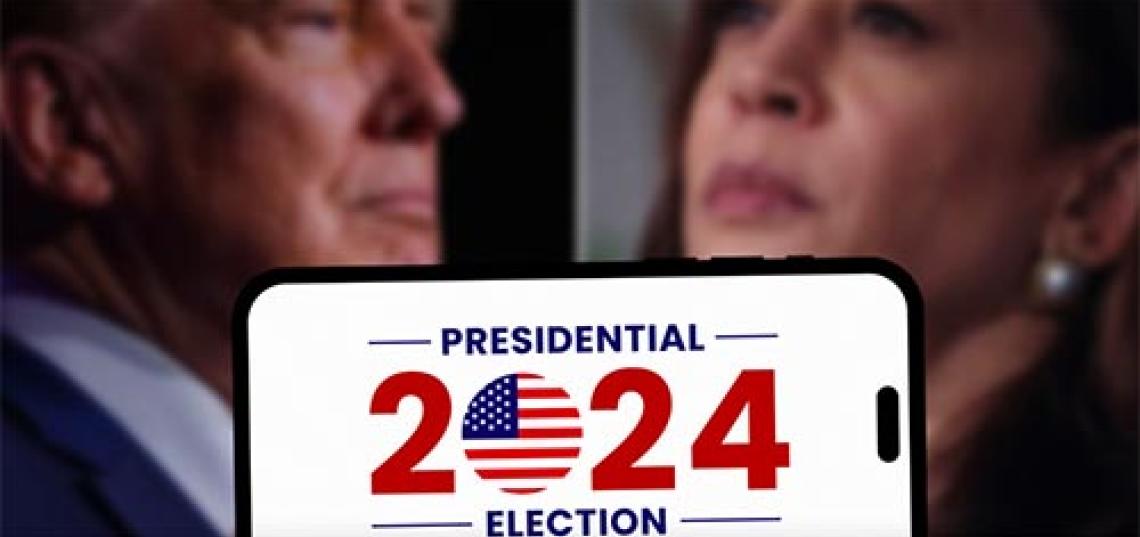
By Andrea Alexander, Rutgers Communications and Marketing
From the assassination attempt on former President Trump to Joe Biden’s decision to drop out of the race, elevating Kamala Harris to the top of the Democratic ticket, this election season has already been filled with many shocking moments. As the clock ticks toward Election Day, should we brace for another bombshell news story – an October Surprise as it has become known in the election lexicon – that could change the trajectory of the presidential campaign?
David Greenberg, a professor of history and journalism and media studies and an expert on American political and cultural history, including the presidency, talked to Rutgers Today about the history of these potentially game-changing election eve stories and how they have shaped the outcomes of past races.
What is an October Surprise and where does the term come from?
DG: The term was popularized in 1980. As president, Jimmy Carter could not get the Iranian hostages released, and his failure was one of the main reasons he was losing in the polls to Ronald Reagan. The October Surprise was going to be his last-minute success in getting them out. Obviously, it never happened.
Afterward, there were suggestions that Reagan’s campaign conspired with the Iranians to hold the hostages through the election. This gambit, though never proven, came to be referred to as the October Surprise. Now the term refers to any late-breaking major news that upends the presidential election.
What are some examples of notable October Surprises in history?
DG: There have been a few. In October 1992, former defense secretary Caspar Weinberger was indicted for his role in the Iran-Contra scandal. George Bush Sr. was already behind in the polls, but this was seen as one more blow to his bid for a second term.
A few days before the 2000 election, it was revealed that George Bush Jr. had been arrested for drunk driving. Al Gore declined to make an issue of it, and the news did not have any significant effect.
In 2016, both the videotape of Trump describing his method of sexually assaulting women and FBI director James Comey’s decision to reexamine Hillary Clinton’s emails were dubbed October Surprises.
By 2020, the term was being used so promiscuously that it referred to any election-related news that occurred in October. When President Trump was hospitalized with Covid, some people called that an October Surprise. Same with the story about Joe Biden’s son Hunter, who left his laptop at a computer repair store—a story that broke in October 2020.
How effective have these incidents been in changing the outcome of an election?
DG: The only October Surprise that seems to have had a direct impact on the outcome of the election was Comey’s investigation of Clinton. After that announcement, her lead over Trump narrowed and put him in striking distance.
During an election season already filled with many surprises, do you think we have any left in store for October 2024? DG: Well, if I expected it, it wouldn’t be a surprise, would it?
With fewer swing voters and early voting in many states, do October Surprises even matter or move the needle anymore?
DG: A true October Surprise – a genuinely big news event, the way the release of the American hostages in Tehran would have been – could still shake up the presidential race. But these little stories, which we might call pseudo-October Surprises, are not likely to alter the shape of the campaign.
Learn more about the Journalism and Media Studies Department at the Rutgers School of Communication and Information on the website.
This story originally ran in Rutgers Today on October 1, 2024.
Photo: Shutterstock
